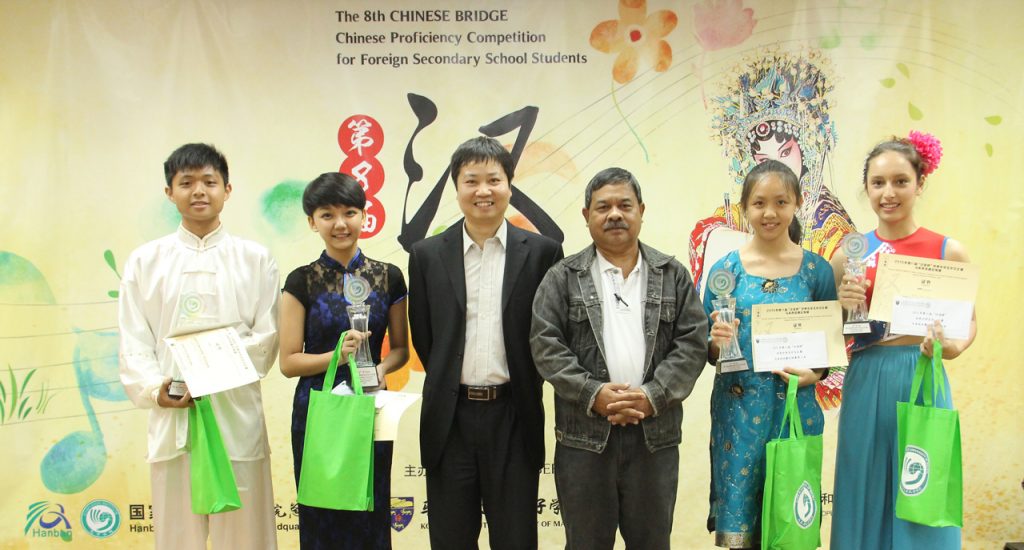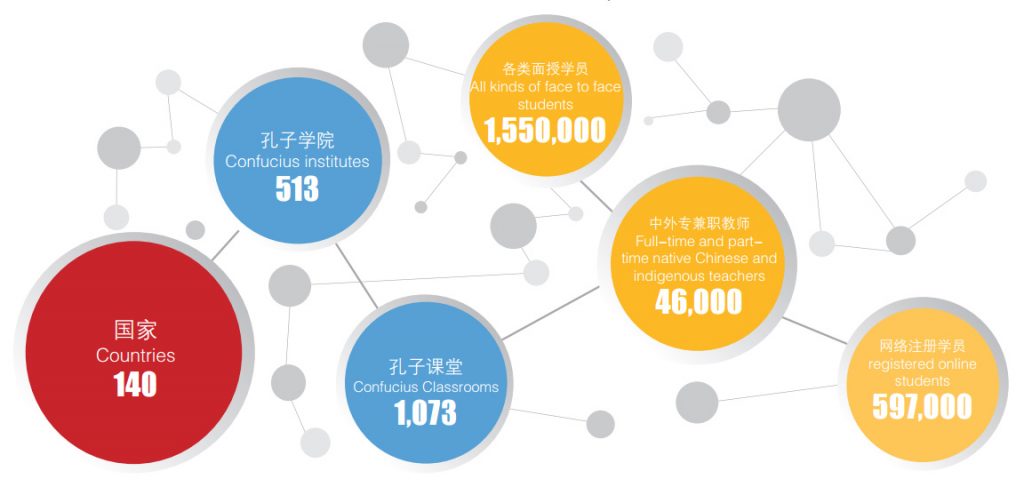Kong Zi Institute University of Malaya History

Kong Zi institution is a non-profit education provider network, which devotes itself in fulfilling the needs of people all over the world who wish to learn the Chinese language. Kong Zi’s main focus is to enhance the understanding and also strengthening the educational structures of this vast language. By mastering the Chinese language, it enables people to have a better chance at understanding the Chinese culture and promotes harmonious relations between China and other countries.
The Kong Zi Institute at University of Malaya is part of the global CI network established by Hanban (Beijing) and Beijing Foreign Studies University (BFSU). The official launch took place on the 1st of November 2009, which was officially launched by the Chinese vice Premier, Li Keqiang. Being the first Kong Zi Institute established in Malaysia, Li Keqiang noted this opening as another achievement of cultural and educational exchanges between China and Malaysia.
Worldwide

By the end of 2016, 513 Confucius Institutes and 1,073 Confucius Classrooms had been established in a total of 140 countries. The number of full-time and part-time native Chinese and indigenous teachers had reached 46,000, with 1.55 million students instructed face to face and 597,000 students registered online. In 2016, 41,000 cultural activities attracted 13 million participants. The ratio of Chinese partners’ expenditure to that of local ones stood at 1:1.65, whilst the donation from Chinese and foreign enterprises and other sectors amounted to over US$ 10 million.
Teachers and Volunteers
In 2016, we sent 3,450 Chinese language teachers to 147 countries, and assisted universities and provincial, regional and municipal educational departments (commissions) in dispatching 4,921 teachers abroad. We particularly dispatched 1,073 teachers to the countries along the Belt & Road in support of their Chinese language teaching. We have established Confucius Institute Head Teacher (Management) Positions in 26 host universities in 14 countries, and have hired 39 Head Teachers.
We dispatched 6,071 volunteer Chinese language teachers to 130 countries, among whom 2,924 were appointed to serve in 413 Confucius Institutes (Classrooms). Nine new destination countries have been added to the list, namely, Palestine, Eritrea, Malawi, Comoros, Grenada, Haiti, Uruguay, Venezuela, and Montenegro.
Teaching Materials
The Confucius Institute Headquarters’ major teaching materials and resources database covers 64 languages, consisting of 804 series with 6,643 volumes. The number of registered users of our online Guidelines for CLT Materials Development has reached 93,000, with 1.36 million visitors in total; and various teaching materials have totalled over 50,000 in number. In all, 540,000 volumes of textbooks have been donated or sold in 599 institutions across 108 countries.
So far, 435 Confucius Institutes (Classrooms) in 109 countries have developed 2,150 series with 2,603 volumes of localized teaching materials to meet the requirements of indigenous teaching syllabus and testing standards.
Confucius China Studies Program
In 2016, Confucius China Studies Program recruited 72 students from 26 countries to study in joint research Ph.D. program or pursue PhD degrees in China. Up till now, 332 foreign students have been enrolled as doctoral candidates in this program.
The program has sponsored 140 senior managers and young leaders from various social sectors in 42 countries to be on study tours in China. It has also supported the translation and publication of such books as How to Read Chinese Literature series by the Press of Columbia University, the Swedish version of Records of the Grand Historian, Linking Ancient and Contemporary: Continuities and Discontinuities in Chinese Literature, Xu Guangqi and the Cross-cultural Dialogue, and The History of Chinese Civilization.
Chinese Tests and Scholarships
There are 1,066 test centers in 125 countries and regions. Of this total, four more countries have set up Chinese language test centers, 93 centers were established in 2016, with 61 overseas ones and 32 at home. Overseas test centers include 454 Confucius Institutes (independent Confucius Classrooms) test centers, among which 33 have been newly added. A total of 380 test centers have administered the tests via the Internet, which accounts for 35% of all.
Six million people sat for Chinese tests of various kinds in 2016. Around 21,000 candidates took the examination for “International Chinese Language Teacher Certi¬ cate of Quali¬ cation”.
A total of 8,840 scholarship students studied in China in 2016. In-service Chinese language teachers from all countries have been encouraged to come to China for further study. We granted Confucius Institute Scholarships to 175 inservice Chinese language teachers, including 99 under the Master of Teaching Chinese to Speakers of Other Languages (MTCSOL) programs.
